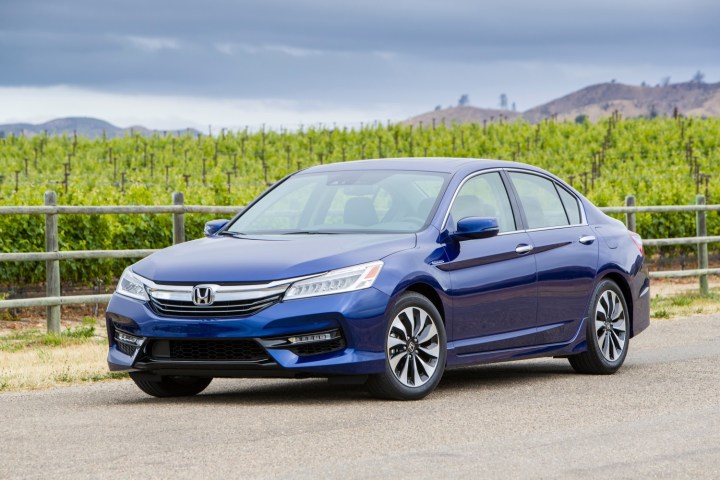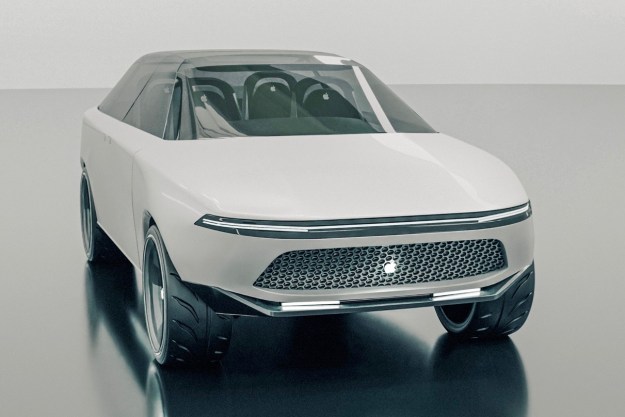
Specifically, Honda is aiming for Society of Automotive Engineers (SAE) Level 4 autonomy. The SAE defines autonomous driving in six levels, from Level 0 to Level 5. Level 4 allows for autonomous driving most of the time, but with exceptions or situations like bad weather, where a human driver may be asked to retake control. Honda previously said it would achieve Level 3 autonomy by 2020.
Honda’s autonomous-car development efforts aren’t as extensive as those of other automakers, but it is making progress. In the United States, the company is testing cars at GoMentum Station, a dedicated testing facility for self-driving cars on the grounds of the former Concord Naval Weapons Station in the San Francisco Bay Area. At the event announcing its Level 4 autonomy plans, Honda demonstrated a self-driving car in simulated traffic at its Japanese R&D facility.
In December, Honda and Waymo, the former Google self-driving car project, announced they were discussing a possible partnership. Waymo is already partnering with Fiat Chrysler Automobiles (FCA), which supplies the Chrysler Pacifica Hybrid minivans that make up its current test fleet, as well as Lyft.
Honda joins a growing list of automakers promising self-driving cars for the public. Ford plans to put an autonomous car with no manual controls into production in 2021, although it will only be available to ride-sharing services. Nissan and Tesla hope to add fully autonomous capability to their production cars, supplementing human drivers. BMW is partnering with Intel, Mobileye, and Delphi to create an autonomous driving system by 2021. Numerous other companies, including General Motors, Toyota, Uber, Volvo, and Audi, are in the game as well.
But self-driving cars still face many hurdles. It’s unclear who will be responsible when an autonomous car crashes, and whether the public will really accept them. While companies have made impressive progress over the past few years, it also remains to be seen whether self-driving cars can really perform as advertised in everyday conditions, consistently.
Editors' Recommendations
- Tesla Autopilot vs. full self-driving: What’s the difference?
- Cruise autonomous vehicle drives over woman just after she was hit by another car
- Volkswagen is launching its own self-driving car testing program in the U.S.
- Is Tesla Full Self-Driving worth it?
- Robotaxis have a passenger problem that no one thought of


